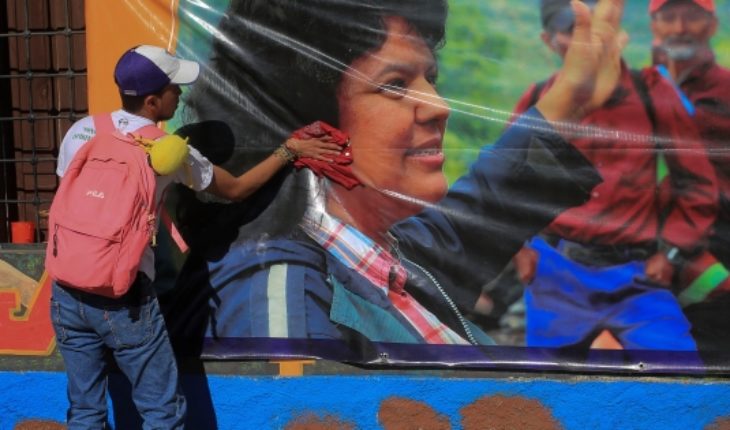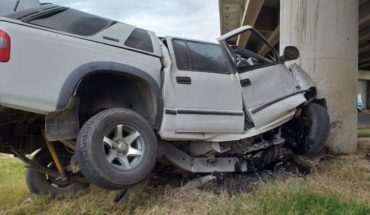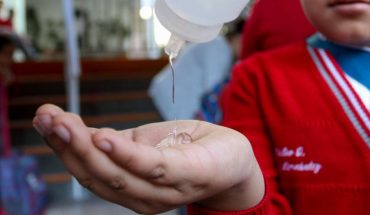On 3 March 2016, Berta Cáceres activist was killed. Three years later, Latin America remains the deadliest region for defenders of human rights and the environment. The latest report from the Front Line Defenders organization reveals that 54 percent of the 321 murders that occurred against this group in 2018 are concentrated in Colombia and Mexico. With an increase of nine deaths more for 2017, 77 per cent of the total number of murders are defenders of the Earth and the environment, as well as leaders of indigenous peoples. A phenomenon no longer grow, as shown by the recent deaths of Mexican activist Samir Flores, who had denounced the environmental impact of a power plant in Morelos, and Francisco López, leader of an indigenous people of Paraguay.
Precisely, indigenous peoples are the group most vulnerable, since projects which are on their territories are contrasted with their ways of life. “The right to say ‘no’, to choose their own models of development, must be respected by Governments, companies and institutions in financing for development”, say the authors of the report. Projects and conflicts the absence of a prior and informed consultation with indigenous peoples on the development of new projects in their regions, as it determines the Convention 169 of the International Labour Convention, is the source of conflicts. According to unveiled this week academic center research FLACSO, Mexico, and the University of Montfort, in United Kingdom, only in Mexico identified 879 socio-environmental conflicts caused by mining and energy projects in the past 12 years. The research, which has the support of the Heinrich Böll Foundation, city of Mexico, reveals that mining is the activity that causes more conflicts, following the extraction of hydrocarbons, specifically oil fields and pipelines.
According to the report by Front Line Defenders, States continue to be major violators of rights of environmental activists, who was often branded a threat to national security. “Often people human rights defenders and organizations denounce and confront the interests and bad practices of the economic and political elites, so are severely repressed and silenced”, reminiscent of DW Maria San Martin, head of the NGO campaigns.
An example of this is the recent murder of Samir Flores. “Is not directly accused the Government of killing him, but yes that it was inconsiderate and insensitive to have continued its inquiry,” he says, for his part, DW Dolores Rojas, Coordinator of the Heinrich Böll Foundation programs. Rojas refers to the consultation conducted in Morales by the Government of Lopez Obrador. “Now is demand you investigate and find those responsible”, he warns.
Colombia tops the standings of the deadliest Latin American countries for the defenders of the environment and human rights in Latin America.
A pioneering initiative, awaiting the series of murders continues, despite the fact that the region has, since March 4, 2018, a tool which should protect this group. It is the agreement of Escazu, the first binding treaty in the world that gives environmental rights the same legal position that human rights globally. “The Treaty is key to protect the environmental advocates. This is especially relevant now, when the region is setting for multiple crimes and clashes because of the possession of the land and natural resources’, says DW Leo Heileman, regional director of the UN environment in Latin America and the Caribbean. “Its content is a response to a truly Latin American and Caribbean feel: that development is the result of participation and it is inseparable from the environmental protection”, adds.
In this sense, the agreement of Escazú is “an example of how the countries of Latin America and the Caribbean can meet common challenges and reinforce regional environmental governance contributing to social and economic progress, as well as environmental sustainability” Add DW to the Executive Secretary of ECLAC, Alicia Bárcena. Emerged by the civil society initiative and a dozen countries in the region the in Conference Rio + 20 will have needed four years of negotiations before its adoption last year. Signed by 16 countries, is currently waiting for to enter into force, since this requires the ratification of 11 countries.
Obligations of States “the signing of the agreement of Escazú is the necessary first step, now we urge the Governments to take rapid and effective action to implement the provisions of the agreement, stressing the need that the resources necessary”, considered María San Martín, Front Line defenders. For example Mexico, which signed the Treaty last December, has yet to ratify it in the Senate. “Yet it has no impact, but we hope to give Yes tools for the safety of the environmental defenders people,” predicts Dolores Rojas, of the Heinrich Böll Foundation.
For his part, the Executive Secretary of ECLAC, Alicia Bárcena, condemns the death of Mexican activist Samir Flores in Deutsche Welle and ensures that the agreement “triggers a response in case of such violations occurring”. “Certainly, the mere existence of a treaty does not guarantee by itself alone its effectiveness, hence political and legal commitment of both States assume obligations and implement them fully is essential”, stresses.
translated from Spanish: Latin America is the most lethal territory of the world for activists
March 5, 2019 |




